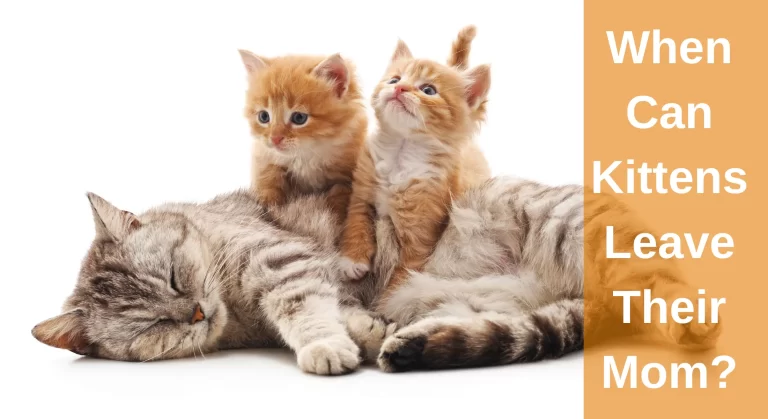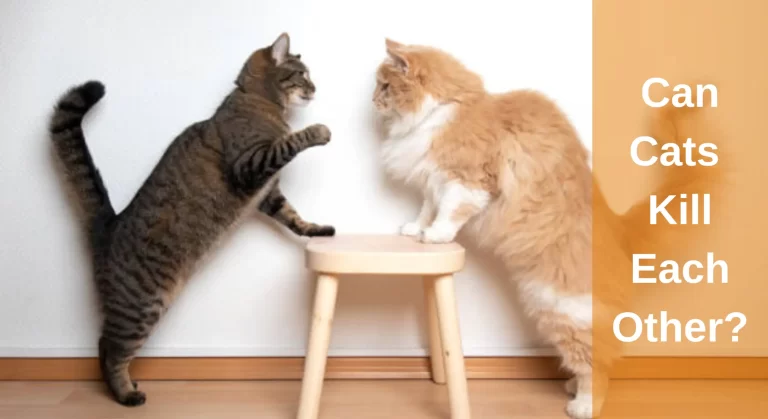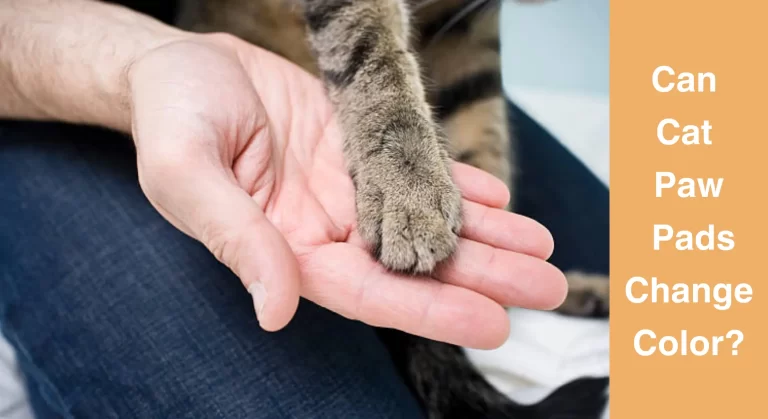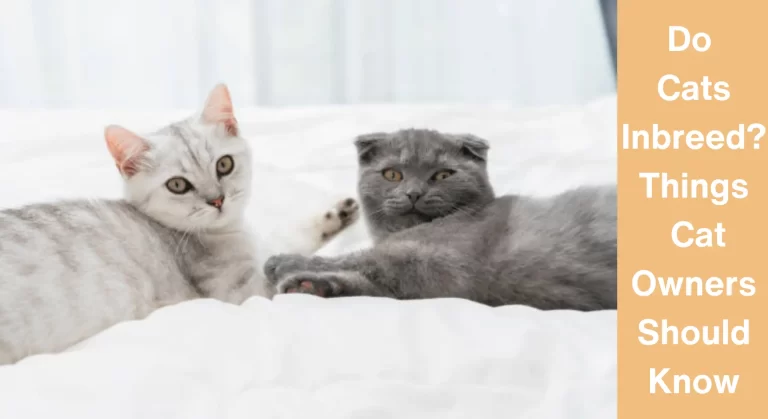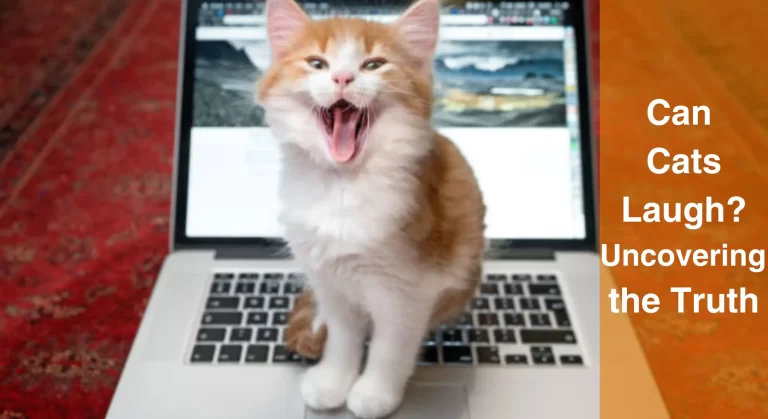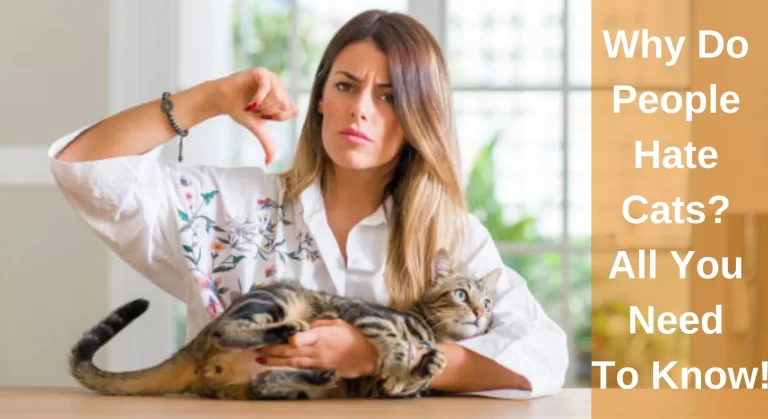Why Are Dogs Considered Masculine And Cats Feminine?
Stereotypes are silly, oversimplified and annoying beliefs that are mostly not true. Stereotypes do not spare anyone, not even our adorable pets. You might be annoyed when says, “what is her name?” when your feline is a male, or how people generally use the phrase “good boy” to encourage and adore dogs, despite their genders. So who started this, and why are there gender stereotypes for cats and dogs? Why Are Dogs Considered Masculine And Cats Feminine?
Dogs are often considered masculine because they’ve been loyal protectors and companions throughout history, often used for hunting, which is seen as a masculine activity. On the other hand, cats are considered feminine due to their graceful and independent behavior, linked to goddesses and femininity in the past. These ideas have been strengthened over time by cultural stereotypes and societal views.
In this comprehensive article, we delve deep into the cultural, historical, and psychological factors that contribute to this intriguing phenomenon. Continue reading as we explore the reasons behind why dogs are considered masculine and cats feminine.
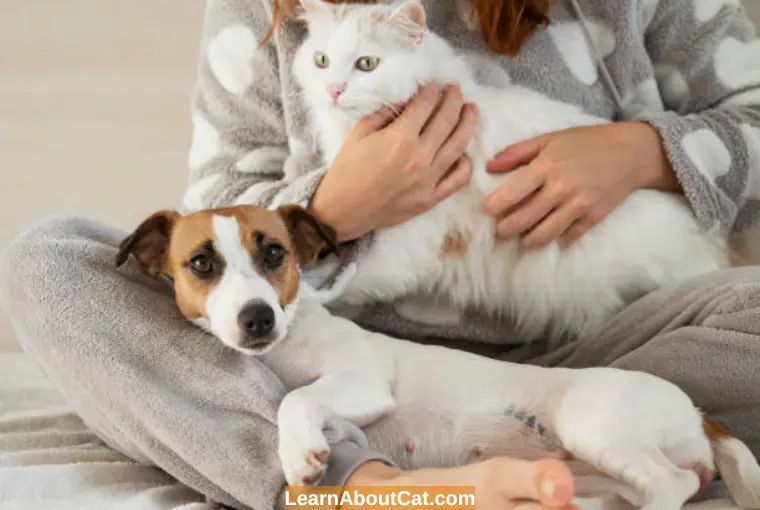
Dogs, Cats, and Social Stereotypes – Why are Dogs Masculine and Cats Feminine?
Social stereotypes put people (and even our pets) in rigid, subconscious beliefs. For example, engineers and mathematicians are always considered male, while elementary school teaching and nursing are considered professions for females.
Stereotypes affect us at a subconscious level, to the point that we are not even aware during conversation or thought, and we can easily use the wrong pronoun to address a person or a pet.
The Loyal Companions: Dogs
Dogs have earned their reputation as man’s best friend for a reason. Their loyalty knows no bounds, making them excellent companions for individuals seeking unwavering support. Historically, dogs were not just pets but also hunting partners, reinforcing their image as masculine and dependable.
The Independent Charmers: Cats
Cats, with their graceful movements and self-sufficiency, exude an air of mystery that has long been associated with femininity. Throughout history, they have been linked to goddesses and revered for their independence, reinforcing their feminine allure.
Also, Read: Male Cats Vs Female Cats Pros and Cons
Do We Have a Gender Stereotype for Our Domestic Pets?
When it comes to gender stereotypes in our beloved pets, dogs are considered male, and cats are considered female, regardless of their gender. Why is this so?
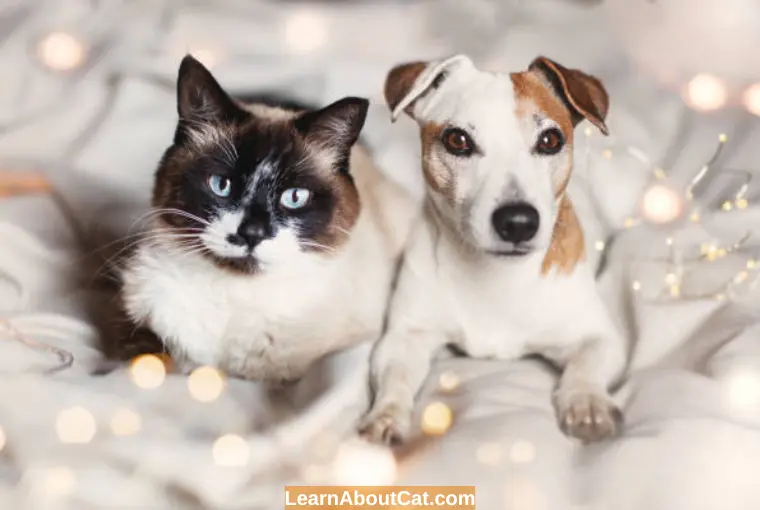
Some people believe that it comes down to the difference in behavior and body structure between both house pets.
Dogs are generally loud, full of energy, strong and huge. In contrast, felines are more laid back, relatively quieter, and more petite and flexible. Dogs have a low-pitched, deep, and loud voice, while cats have a high-pitched meow. Dogs are always ready for a fight or rough play, while felines only fight when triggered. Also, cats are more particular about their food, hygiene, and toilet habits. So a lot of masculine traits match up with dogs, while a lot of feminine traits are similar to cats.
Dogs are also stereotypically believed to be pets for boys, whereas cats are thought to be pets for girls. Again, this is a silly stereotype, so there is nothing wrong with being a female dog person or a man who prefers cats as pets.
Interesting Reading: Cat Myths And Misconceptions: Know The Truth
Domestic Pets and the English Language:
If nothing else, it is conventional in the American language to call a dog “he” and a cat “she”. So much so that you may notice your vet subconsciously misusing your pet’s pronouns. It is interesting to know that in Russian, it is the other way around. Dogs are considered feminine, whereas cats are considered masculine. In many other languages, domestic pets are gender-neutral.
Check Out: Why Are Cats Called Pussy Cats?
Frequently Asked Questions
Is a dog feminine or masculine?
Dogs are considered masculine in popular culture; however, a canine’s true gender and pronoun determine whether it is male or female.
Why are cats associated with females?
Cats are associated with females due to their delicate bodies, preference for cleanliness, and high-pitched voice.
Why do people often refer to dogs as “man’s best friend”?
This phrase reflects the long-standing association between dogs and qualities traditionally considered masculine, such as loyalty and protection.
Are there any dog breeds that are more masculine than others?
While the perception of masculinity in dogs is not breed-specific, certain breeds, like German Shepherds and Rottweilers, are often associated with strength and protection.
Can men own cats without challenging their masculinity?
Absolutely! The connection between pets and gender is a societal construct. Anyone can own and love cats without compromising their masculinity.
Conclusion
While dogs are considered masculine, and cats are considered feminine in English, these are just silly (and sometimes annoying) stereotypes and sometimes just the way of the language. Your pet is male or female, according to its gender. A male cat or a female dog will be considered their respective gender, regardless of stereotypes.
Who is Isabella?
My name is Isabella, and I am a dedicated and knowledgeable cat enthusiast. With years of experience caring for cats and a deep love for felines, I made a mission to help other cat lovers navigate the challenges of cat ownership.

